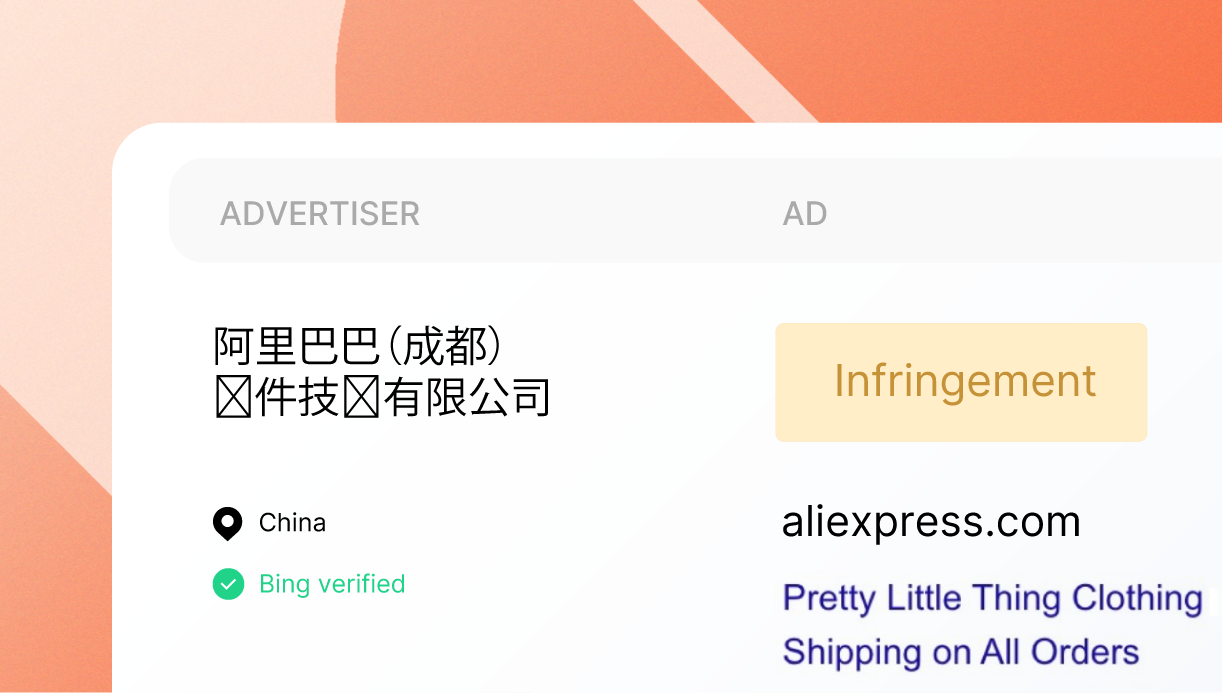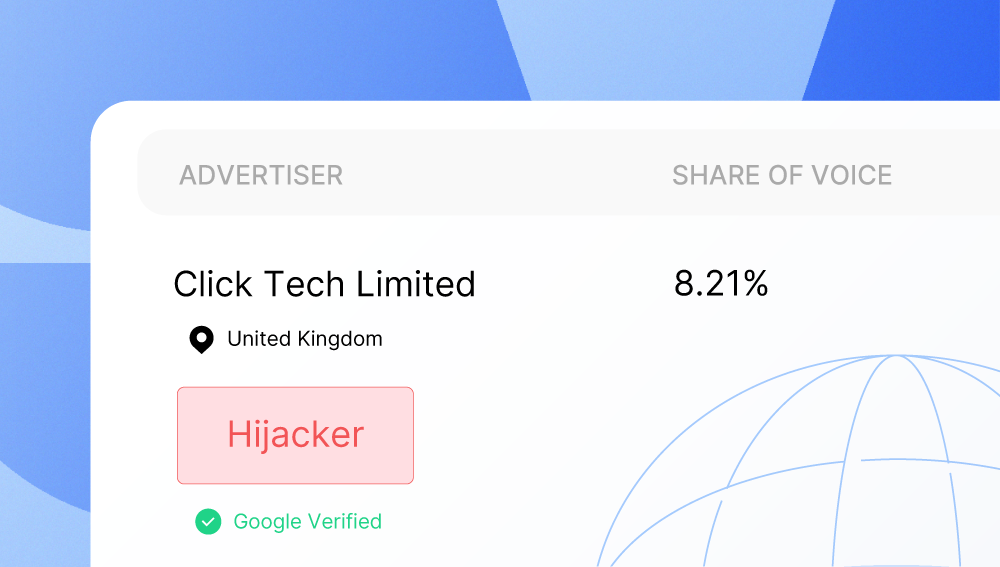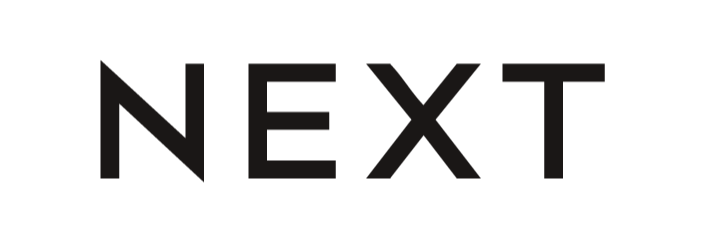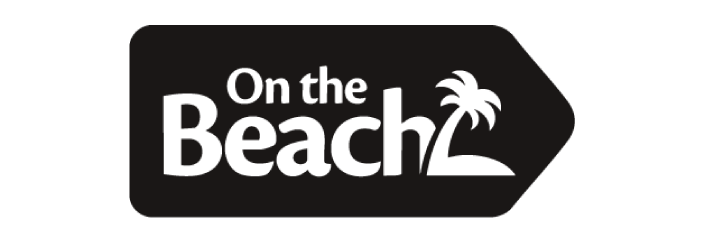Affiliate Hijacking
Affiliate hijackers drain your budget and steal sales from other channels. With Marcode, affiliate hijackers and brand bidders won’t know what hit ‘em. (Spoiler: it’s us.)

Affiliate Hijacking, explained
Affiliate hijacking is when affiliates run paid search ads on your core brand keywords, with ads that look exactly like yours, except that users are quietly routed via the affiliate network.
Automatically detect every hijacking affiliate running brand-paid search ads with Marcode’s industry-leading technology. Spend less time dealing with fraudsters and more time doing literally anything else.

Rooting out hijacking can be fast & (dare we say) fun
Find affiliate hijackers wherever they are hiding
Marcode obsessively checks your ads day and night using finely tuned searches to immediately detect affiliate hijacking. Fraudsters love targeting your ads during off-hours and from remote locations, but we've got eyes everywhere - even phantom hijackers appearing as rarely as 1 in every 200,000 searches don’t stand a chance.


Always find the affiliate details from every ad
Affiliate hijackers love cloaking their details from Google (and from you). Too bad for them, Marcode's advanced decloaking tech effortlessly reveals the affiliate details behind every hijacked advertiser, no matter how clever they think they are.
Instant Takedown, Zero Stress
With Marcode’s built-in Task Manager, stopping hijackers is as simple as clicking a button. Use customizable templates and automated workflows mean you can remove offenders instantly - because you have better things to do than chasing hijackers.


Trusted by brands sick of losing budget to affiliate hijacking








Don't leave money on the table
(or in the wrong pockets)
Book a call and uncover hidden fraud and reclaim wasted spend instantly, live during the session.




